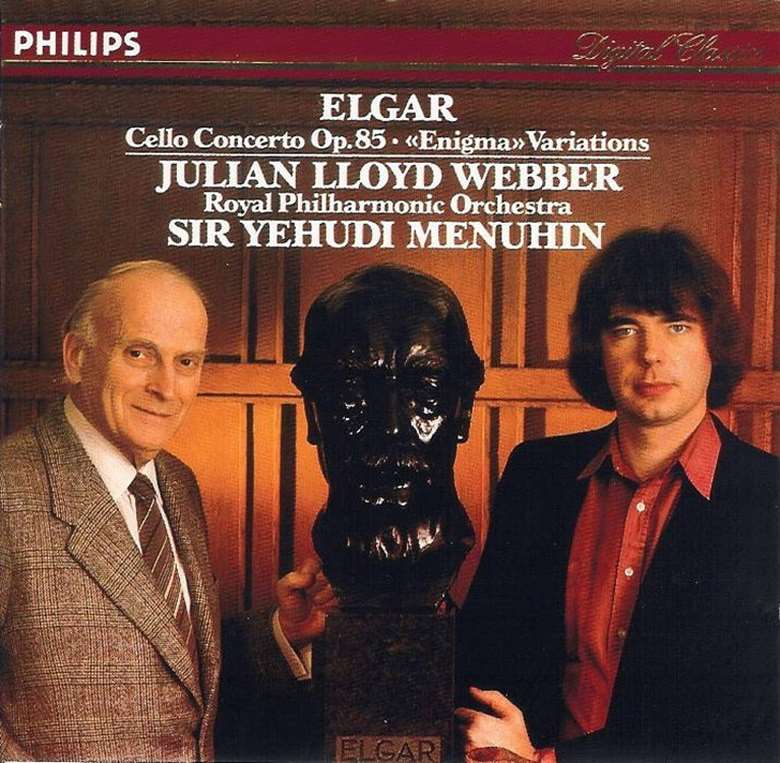When Julian Lloyd Webber met Yehudi Menuhin
Gramophone
Thursday, April 21, 2016
In 1980 Julian Lloyd Webber undertook a revealing and wide-ranging interview with Yehudi Menuhin that was never published, until now...

Register now to continue reading
Thanks for exploring the Gramophone website. Sign up for a free account today to enjoy the following benefits:
- Free access to 3 subscriber-only articles per month
- Unlimited access to our news, podcasts and awards pages
- Free weekly email newsletter







